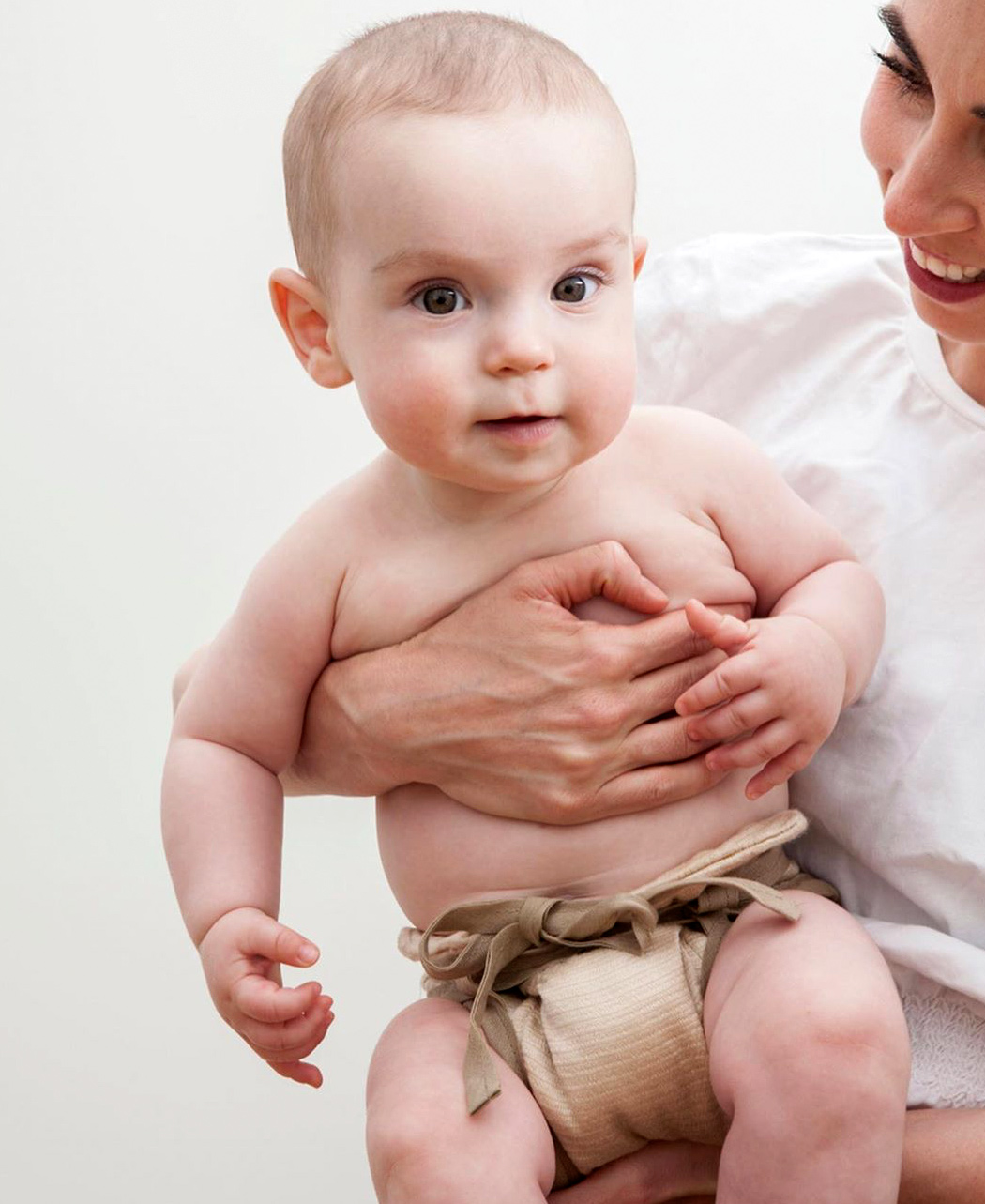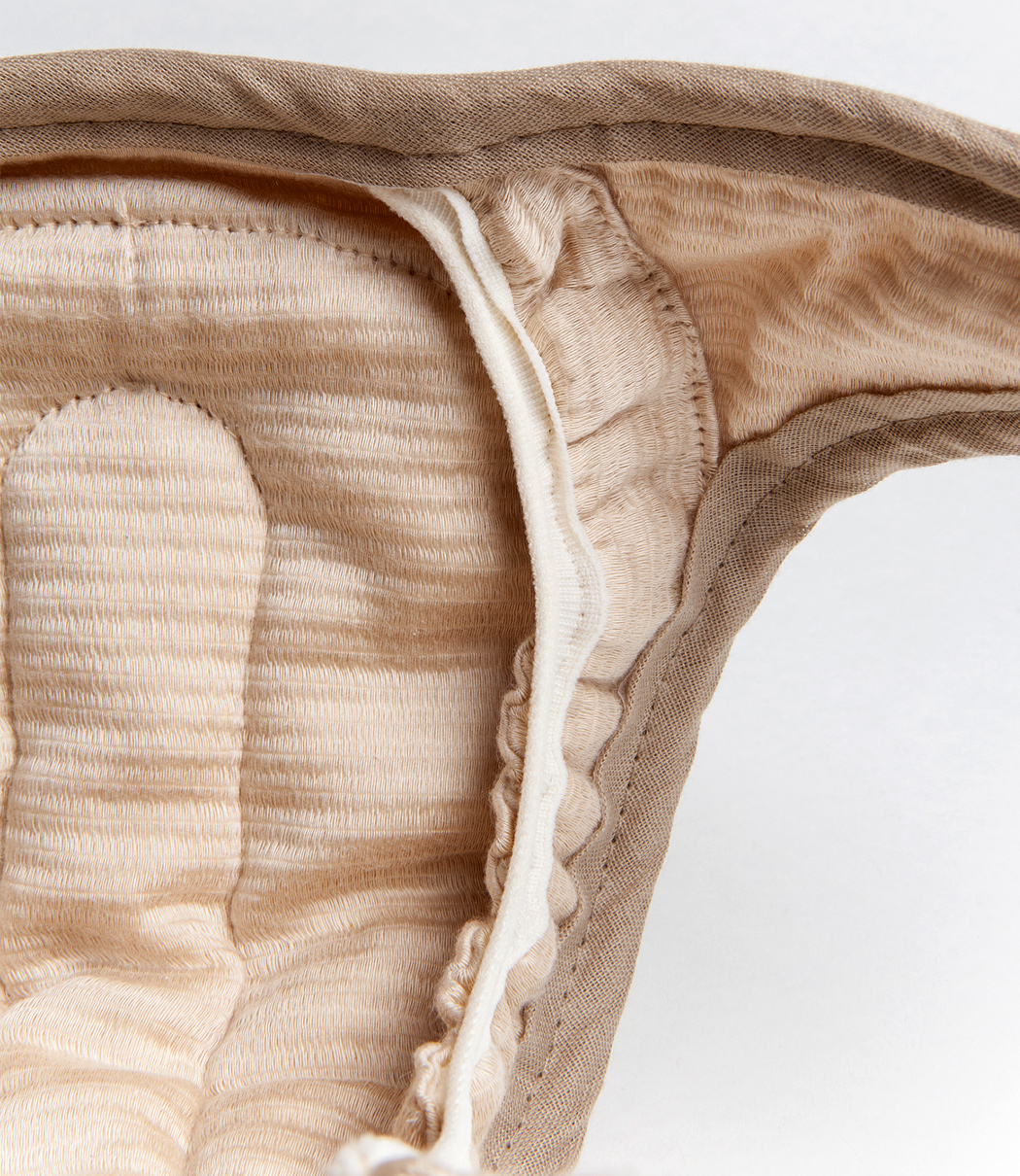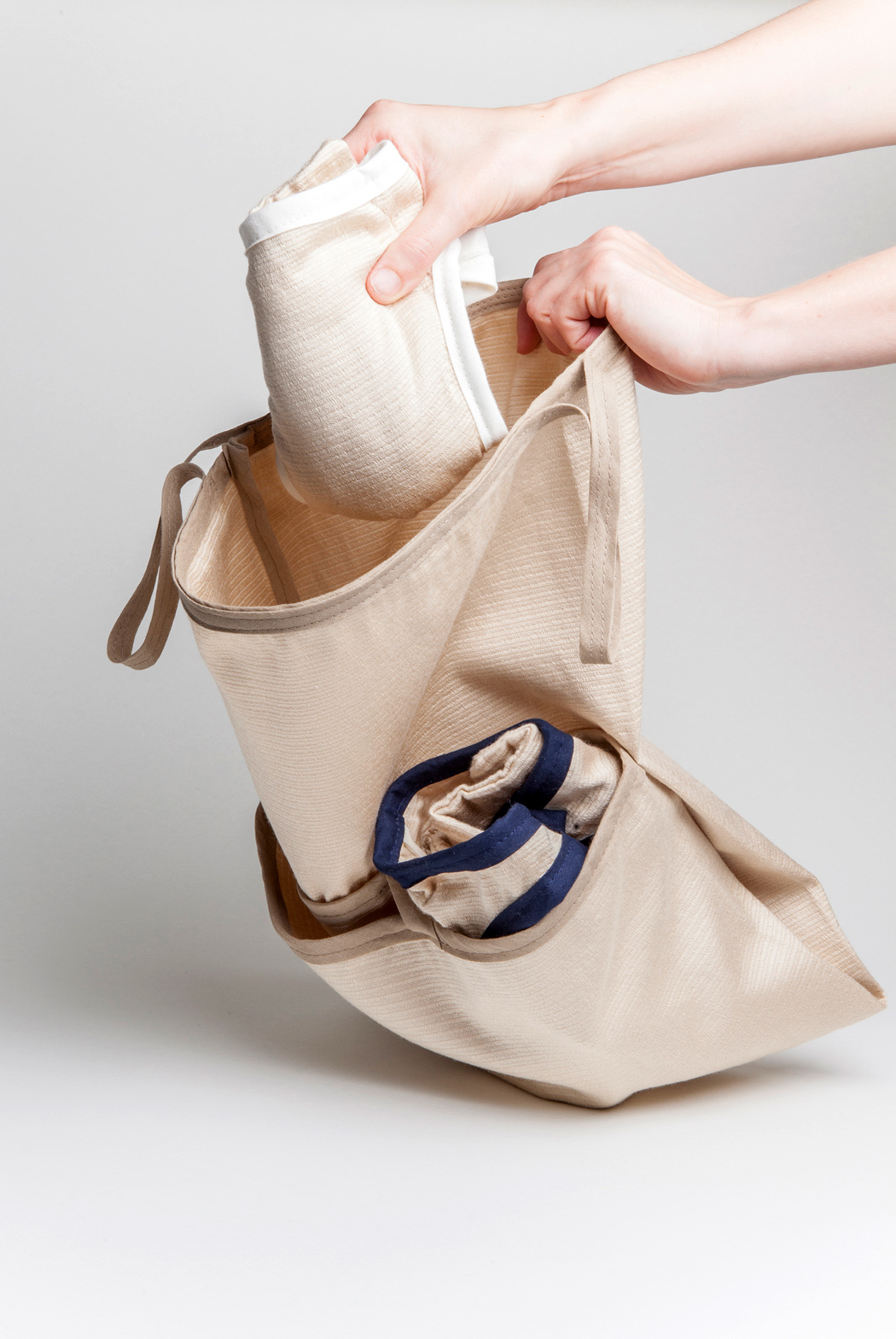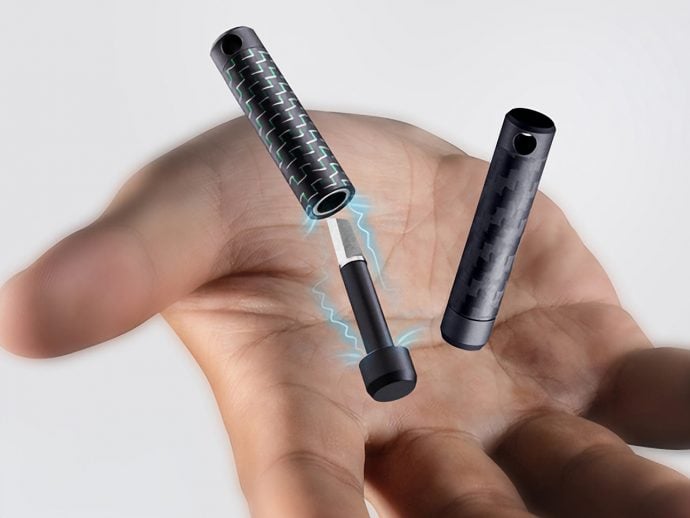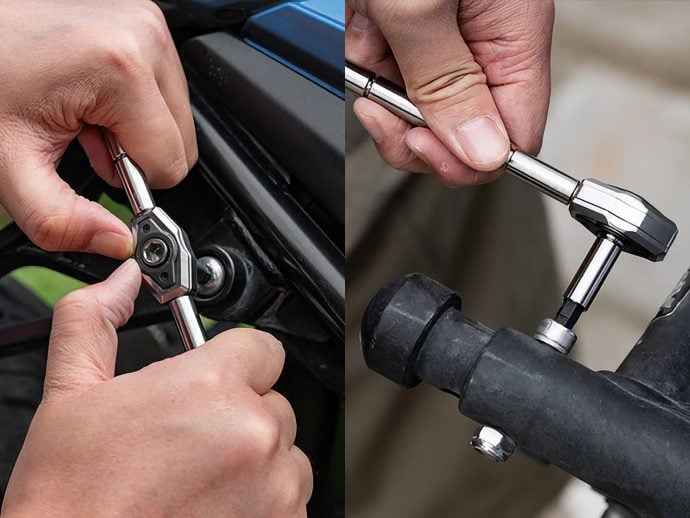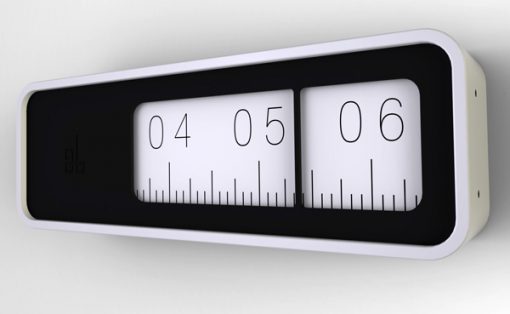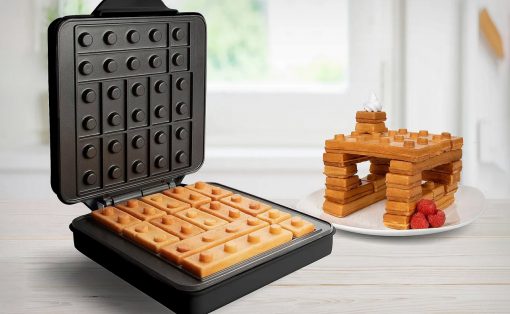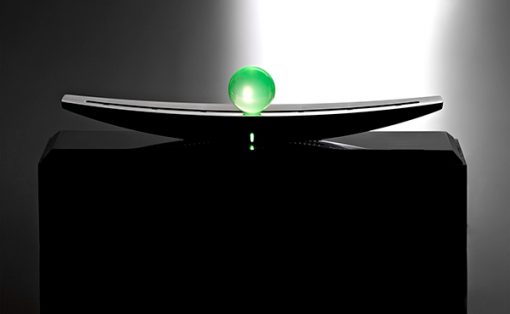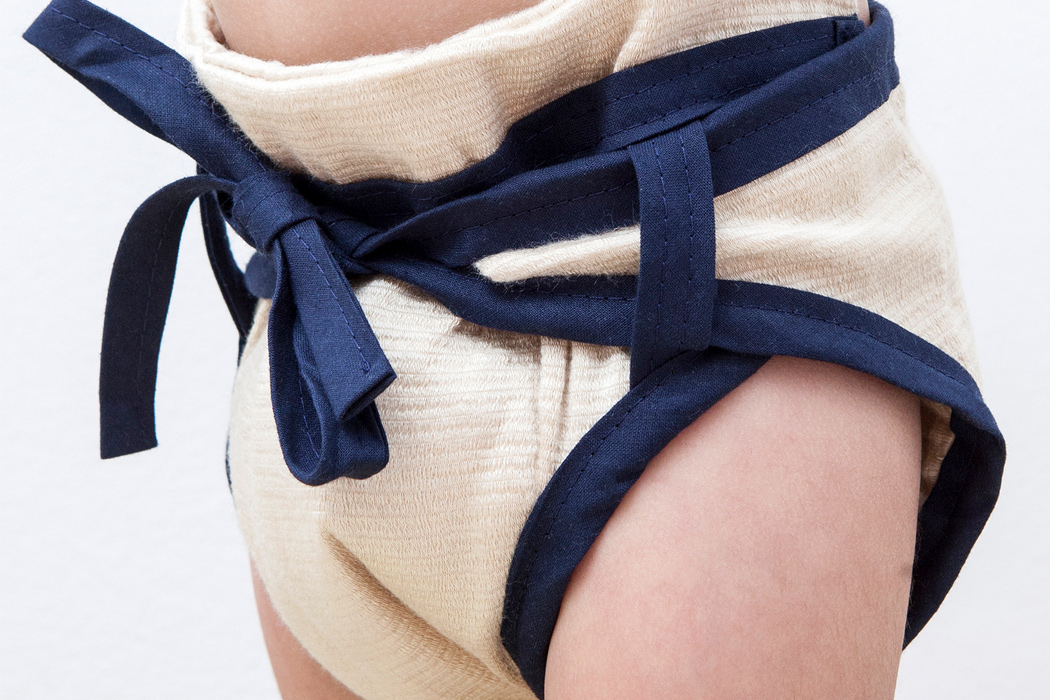
Well, I don’t have a baby and nor do I have much experience with them, but I do know when it comes to diapers, it can be an exhausting affair. Putting aside the whole changing and putting them on aspect, diapers have a whole lot of harmful side effects for the environment, and your baby. Almost 17 million disposable diapers are thrown away every day in the European Union itself, and each one of these 17 million diapers takes almost 500 years to decompose, owing to their moisture-absorbing polymers and synthetic fabrics. They also contain harmful toxins that absorb the moisture from your baby’s precious skin, leading to rashes and skin conditions. And if you think cloth diapers are any better, well they’re not. The absorbing fabrics used in cloth diapers are coated with polyester and polyurethane as well. Healthy and sustainable…not! But worry not, designer Luisa Kahlfeldt has come to our rescue with her Sumo diaper. The Sumo nappies have been created from a sustainable material called SeaCell. The material is basically seaweed and eucalyptus, making it naturally antibacterial and full of antioxidants, keeping your baby’s bum soft and healthy! The mono-material design allows it to be easily recycled, without having to break down any separate components.
Designer: Luisa Kahlfeldt
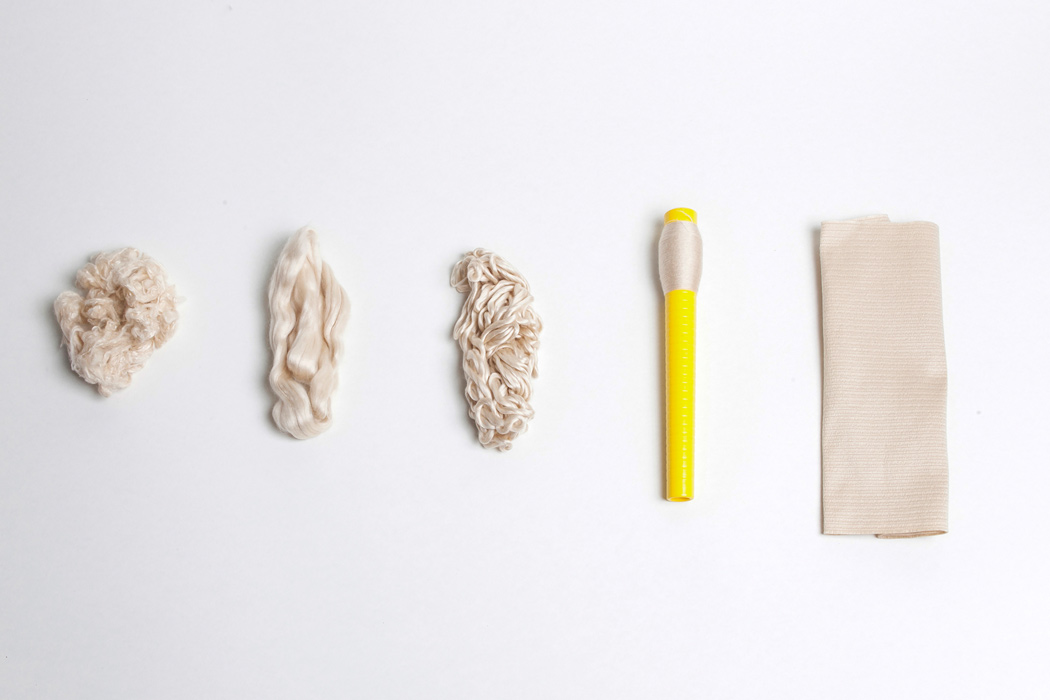
The unique material inspired Kahlfeldt to partner up with DITF, the German Institue of Textile and Fiber Research. With their help she processed, cleaned and wove the fiber, attempting to create a wholesome SeaCell Fabric.
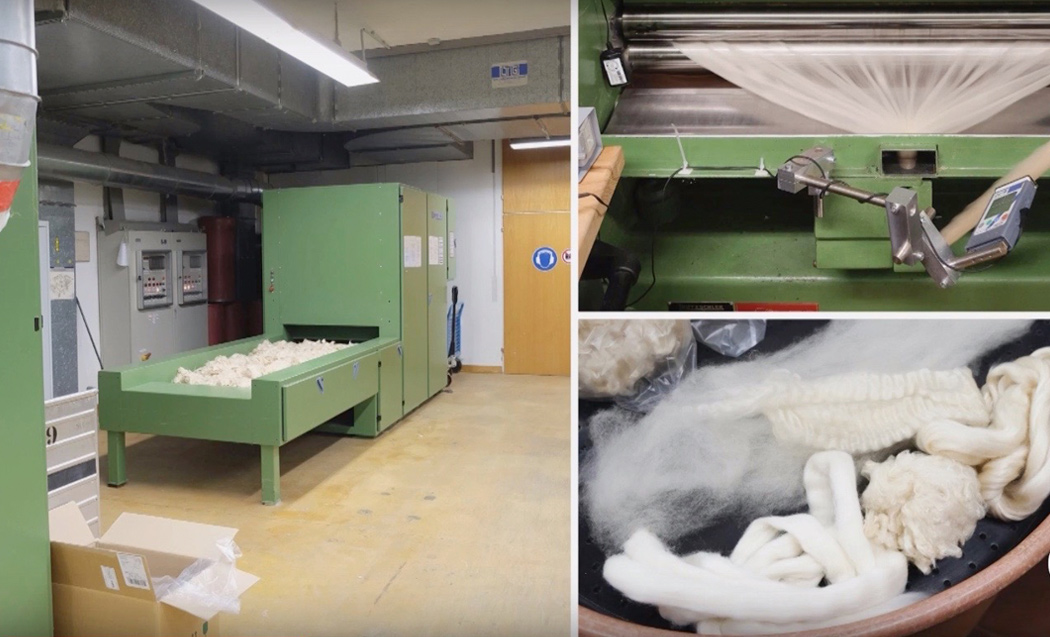
Together they prototyped the first batch of SeaCell fabric!
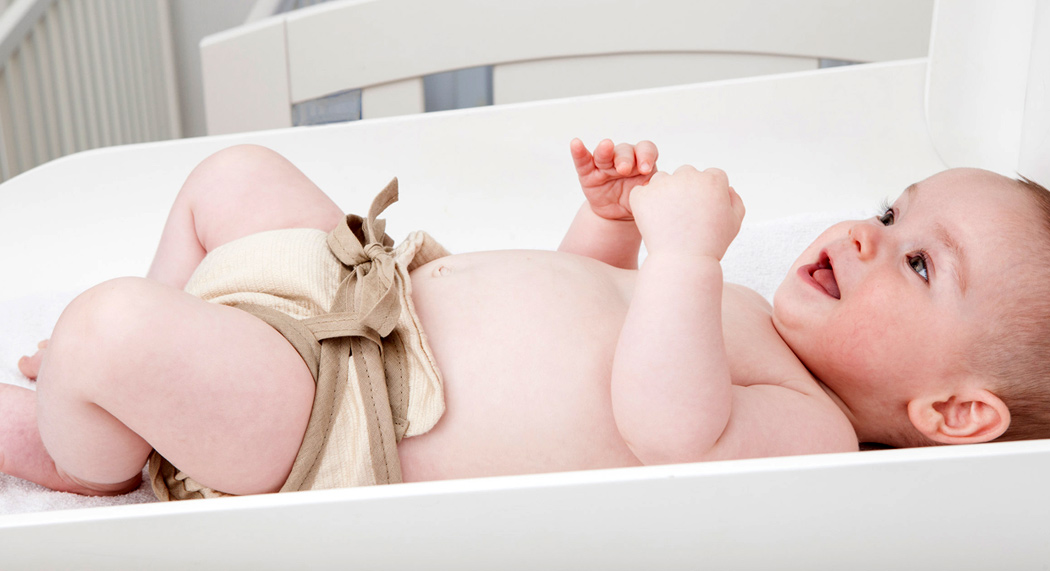
SeaCell was then used to create three different layers, a soft inner layer that covers the baby’s bum, a strong absorbent core, and a waterproof outer layer that seals the deal! The outer layer was created using a waterproof and recyclable material called EcoRepel, the brainchild of the Swiss Company Schoeller.
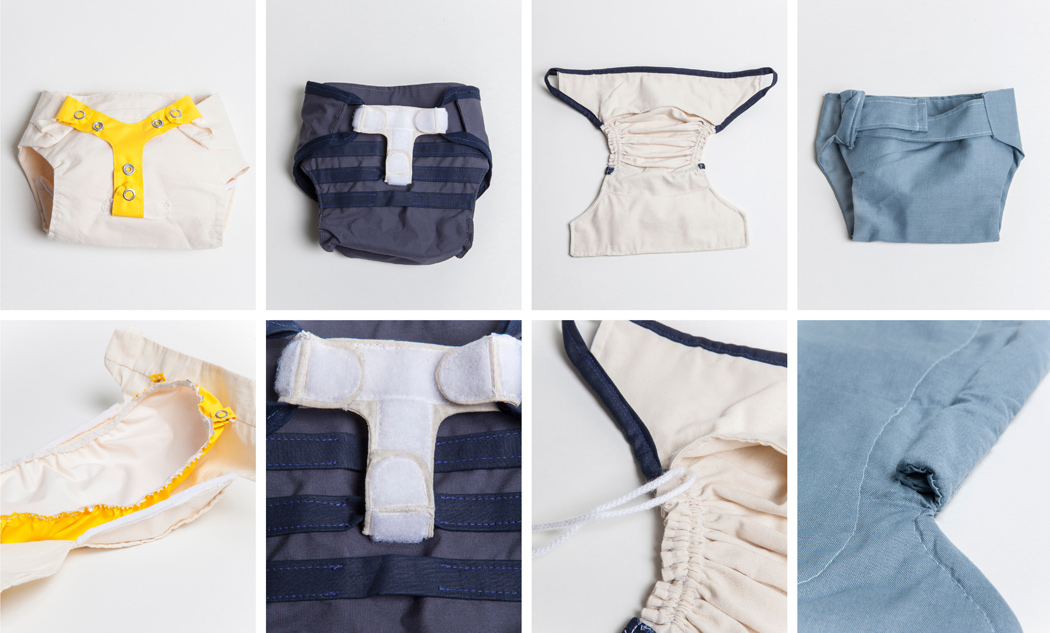
Kahlfeldt wanted to turn things even more sustainable by abandoning traditional elastic bands. A lot of prototypes were created, and she even needed to replace the usual hooks and fastenings that are found in traditional diapers.
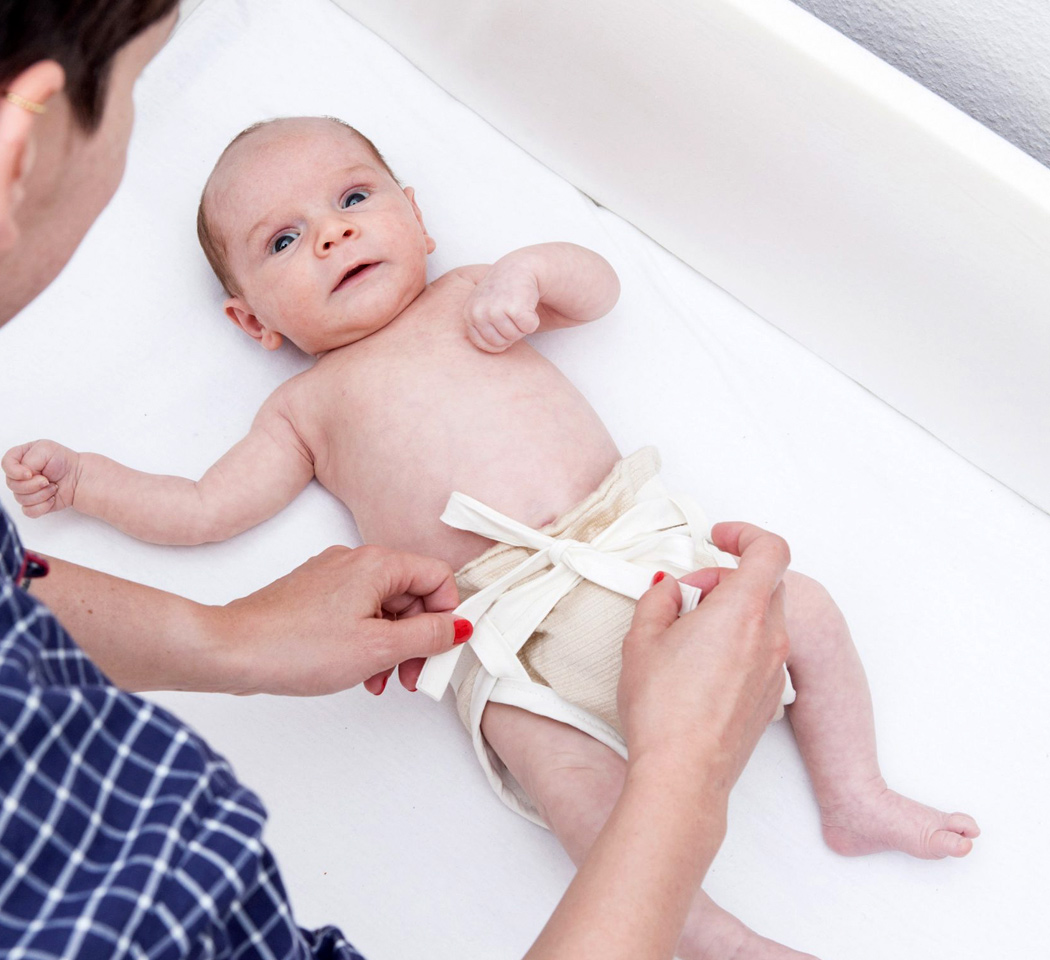
Finally, she opted for natural knitting yarns called Natural Stretch, as an alternative, ensuring that every single element of the diaper is recyclable!
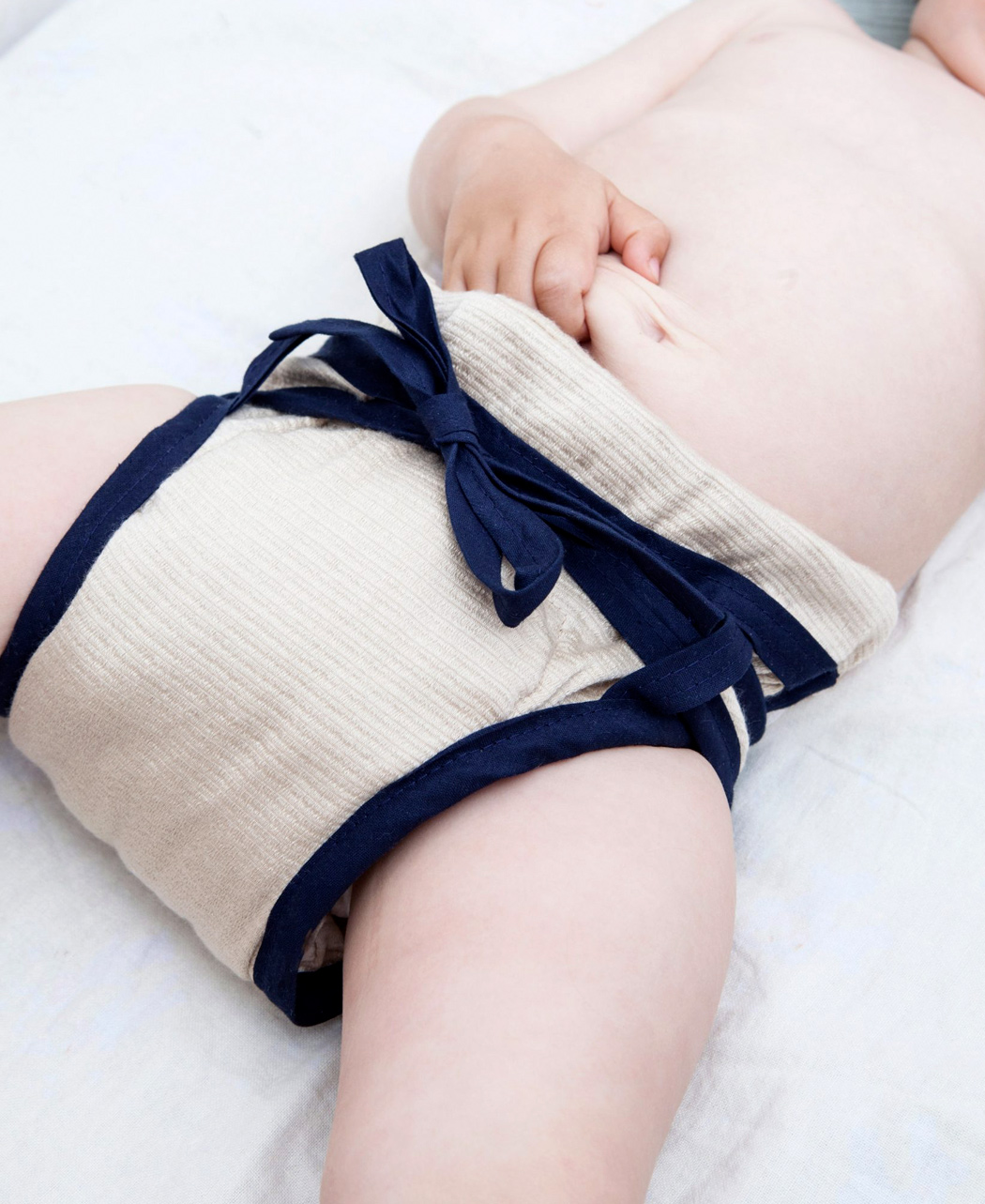
The final result is a healthier and sustainable alternative to disposable and cloth diapers, a nappie that looks out not only for your baby but the environment as well, and also one that won the 2019 James Dyson Award!
